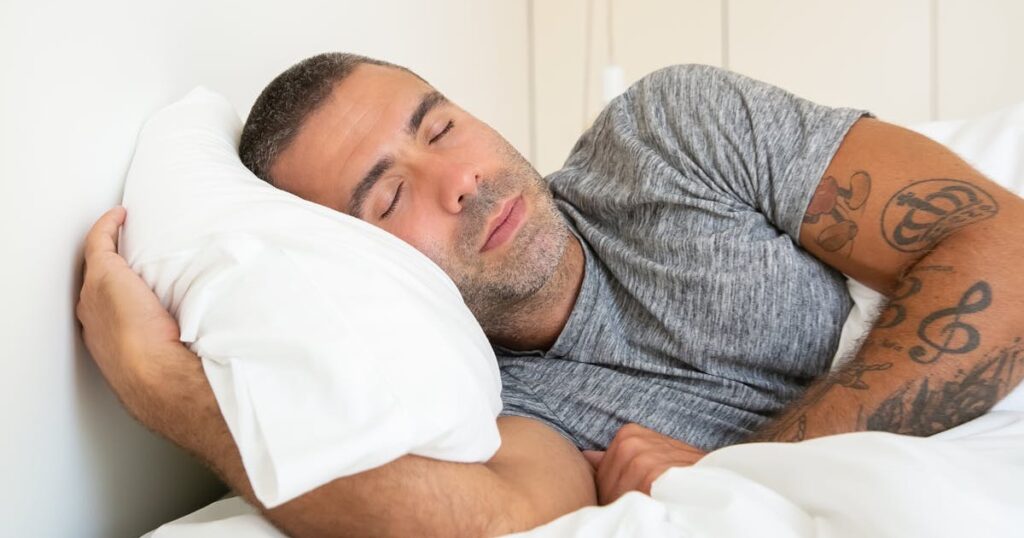How Quickly Does Tolerance Develop for Benzos?
Tolerance to benzodiazepines can develop in as little as two to four weeks. Typically the cycle starts when the user feels their medication is no longer working as effectively as it did, and so they increase their dose. They may do this by increasing the amount they take, taking it more often or adding a different type of benzo to the mix.
As the person needs higher and more frequent doses to calm their anxiety, they develop a dependence, which can lead to addiction. The body also responds to the continued presence of the drug, causing GABA receptors to be less responsive.
It’s important to know that benzodiazepines are not intended to be used for the long term due to the risk for tolerance and dependence. In fact, long-term use can aggravate anxiety disorders. Some people find that their anxiety and panic attacks return after using benzos for an extended period of time.
Signs and Symptoms of Benzo Withdrawal
Withdrawal from benzos is not a picnic. The symptoms can be severe and life-threatening, and they can last longer than other drugs. The most common issue that people face is ‘rebound anxiety,’ which usually occurs one to four days from the last dose. This means that individuals can experience increased anxiety symptoms, which are the symptoms benzos are designed to treat.
Benzo withdrawal symptoms last about 10-14 days. Detoxing under medical supervision ensures you receive monitoring from medical professionals and access to medication and therapy to help with withdrawal symptoms. While they won’t eliminate the symptoms entirely, they will make them more tolerable.
The signs and symptoms of benzo withdrawal include:
- Physical symptoms: anxiety, headaches muscle aches, seizures, delirium tremens (DTs), hand tremors, rapid heartbeat, sweat, nausea, heart palpitations
- Behavioral symptoms: irritability, tension, panic attacks, trouble concentrating, psychosis, suicidal behavior, hallucinations
Benzodiazepine Addiction Treatment Center in Lehigh Valley
The first step in the recovery journey is detox. This should be done slowly under medical supervision, as quitting benzos 'cold turkey’ can lead to dangerous effects. During detox, individuals should be closely monitored for seizures and other adverse effects.
After the person completes detox, they can move onto the recovery portion of treatment. This typically entails some form of behavioral therapy, such as cognitive behavioral therapy (CBT), psychotherapy or individual counseling. Self-help groups, like the 12 steps, may also benefit the recovery process.
Given the above potential risks, benzodiazepines are typically prescribed for short-term use and as a part of a comprehensive treatment plan. They are not intended for misuse in any way, as addiction is possible. To explore your options for benzodiazepine addiction treatment, contact Recovery Cove at 484-549-COVE.
he therapy, support, and tools you need to achieve long-term recovery.








